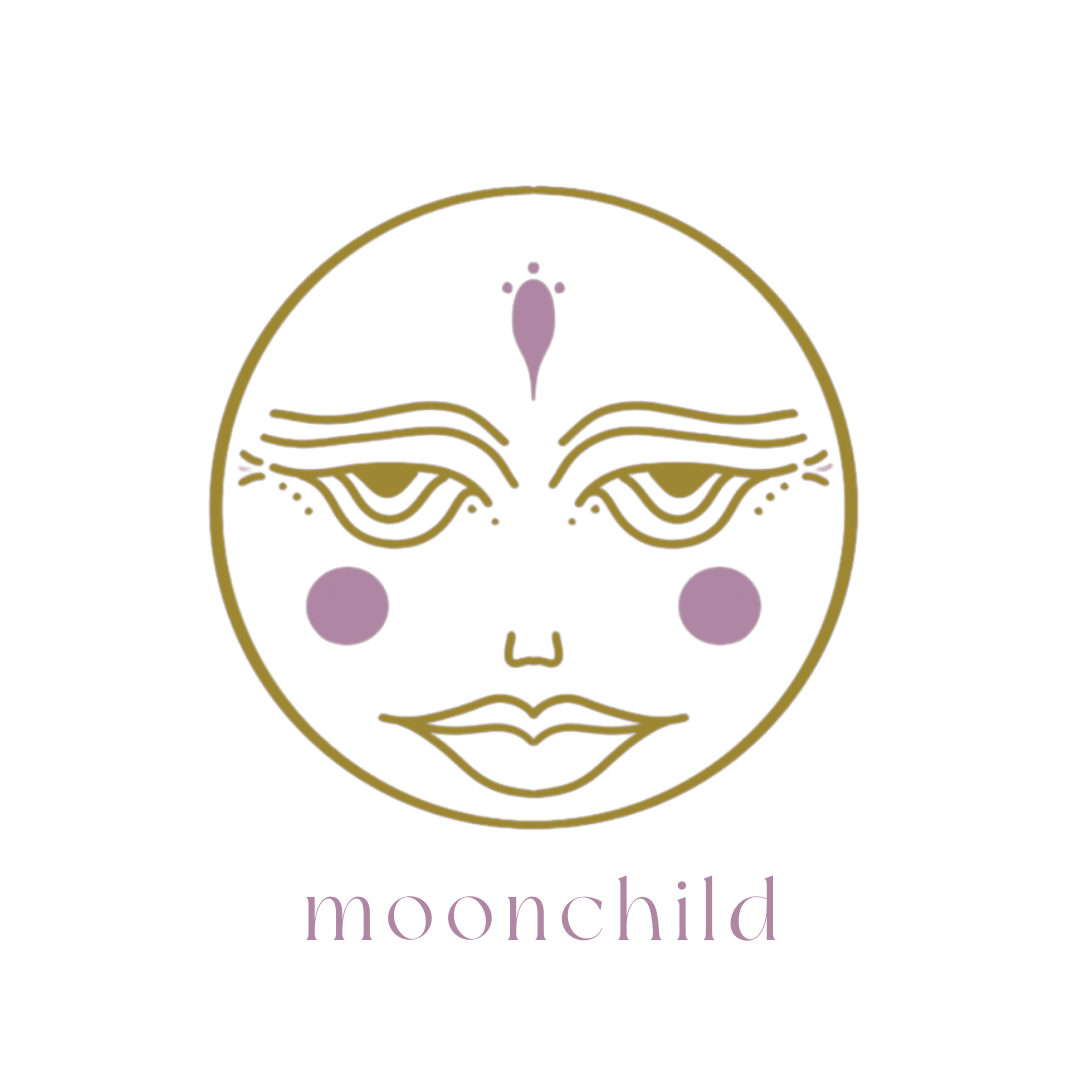NAVIGATING SOLITUDE: UNDERSTANDING THE DIFFERENCE BETWEEN BEING ALONE AND FEELING LONELY
- Luna

- Jul 22, 2024
- 2 min read

Too often we celebrate constant connectivity and social interaction, therefore the idea of being alone can be viewed as negative or isolating. But there is a crucial difference between being alone and feeling lonely. While the two concepts are often intertwined, they are fundamentally different in nature and can have distinct effects on our mental and emotional well-being. Understanding this difference is essential for fostering a healthy relationship with solitute and interpersonal connections.
As I am writing this, I find inspiration from my own recent experiences, thereby I want to make clear that this knowledge does not mean I always succeed in embracing solitude. Last week, loneliness took me over. Travelling alone brings lots of knowledge about yourself and the world around you, but I cannot deny that it sometimes can be challenging to only rely on yourself. So next to letting the feeling be, I took this as an opportunity to spiral inwards and look for the deeper cause of this heaviness.
Being alone is a state of physical or relational solitude, where an individual is by themselves without the presence of others. It can be a deliberate choice or simply a circumstance of daily life. Being alone provides an opportunity for self-reflection, introspection, and personal growth. And shit, it really does. I started this journey with the intention of finding myself without the attachment to others. Breaking free from the roles I used to play in my group of friends, family, work environment and society really created space for me to explore within and without, leaving me with an immense feeling of uncomfortable freedom, sometimes ending in feeling lonely.
Realizing that feeling lonely is a subjective emotional experience characterized by a sense of isolation, disconnection, or emptiness, is what helped me going through it. Not accepting being on your own can bring overall anxiety, sadness and depression. It is important to recognize that being alone does not necessarily equate to feeling lonely, and feeling lonely can occur even in the presence of others. While solitude can be a valuable and enriching experience, chronic loneliness can be harmful to our well-being. Finding a balance between being alone and seeking meaningful social connections is key to maintaining emotional health and overall happiness. So that’s what I am trying to do: implementing time to connect with the ones around me, next to take the time consciously to live in the presence of only myself.
In conclusion, embracing alone time can be a source of growth, creativity, and self-discovery, while addressing feelings of loneliness requires reaching out for support and meaningful social connections. By navigating the complexities of solitude and loneliness with self-awareness and compassion, we can cultivate a balanced and fulfilling emotional life. So, the next time you find yourself craving some alone time, remember that being alone is not a sign of loneliness, but rather a powerful practice that can enrich your life in countless ways.
